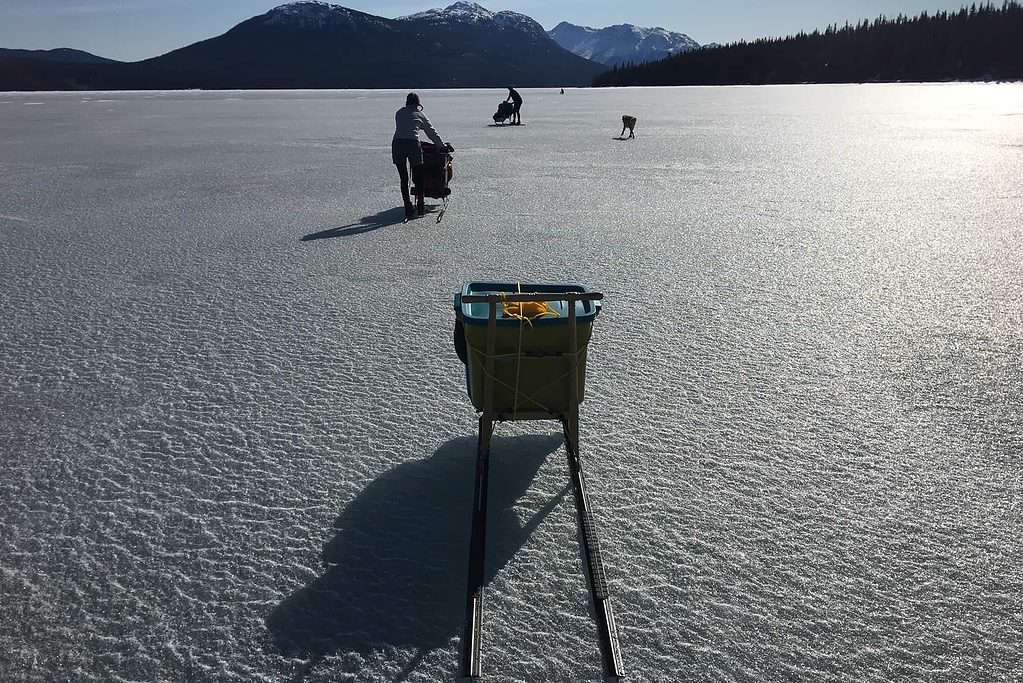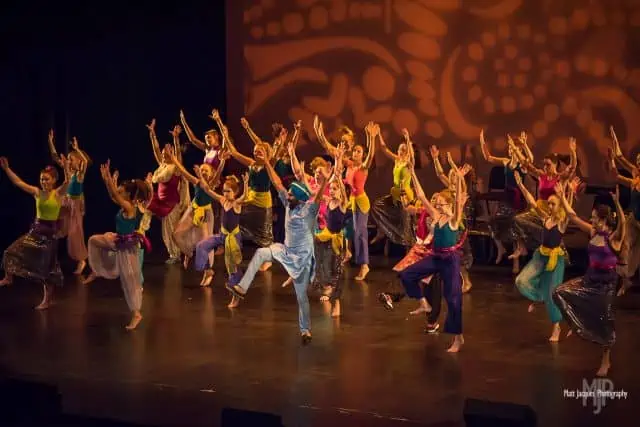Oh what a wonderful time we live in.
If you are in a strange, new city and need to know where the best coffee is served, there is an app for that. Just touch your smartphone.
If you need to know if those noodles are gluten-free, well, the package has a barcode and you have an app for that.
But to allow us to just touch and swipe our way to enlightenment, someone has to sit at a computer, first, to enter streams and streams of code onto a computer screen.
To normal people, this code looks like gibberish. But, to a programmer, this is art. Yet, at the same time, this is logic and order.
Who are these people?
“We are lazy,” says Mike Kasprzak, a programmer who owns Subarctic Systems in Whitehorse.
“We want everything to be done automatically,” he explains. “That is what computers are for and so we find a way to do it.”
So, he and other programmers will inexplicably hunker over their keyboards for hours and hours to make some required task easy.
It should be explained here that a smartphone is, indeed, a computer. It has more computing power than those computers that put a man on the moon, says Kasprzak.
From those early, heady days, the generation of Bill Gates, Steve Wozniak and Kasprzak asked, “What can you make it do?”
“It was real sci-fi stuff,” says Kasprzak. “Can we make these computers talk to each other? Can we talk to each other on the other side of the planet?
“And, that is what we did.
“It was like beating the system; it’s a game; it is like a logic puzzle. You want the solution… there has to be an answer and you will find it.
“That is the challenge.”
Kasprzak entered the computer field with a job with Interac in the financial security department. They were allowed a .0001 percent failure rate, which would be a transaction that could not be explained. So, he found himself up against hackers trying to find vulnerabilities.
After the dot-com bust, he moved on, but continued to dabble with computers.
He and his brother, Jake – “Who is a programmer and actually went to school for it” – were chatting when those words, which is always how apps are born, were uttered: “Listen, I have an idea for an app.”
It was for an app to check foods to see if they were gluten-free by scanning the barcode.
“Was it the first app to do that?” Kasprzak asks. “No. But it had the functionality that we wanted.”
Is This Gluten-Free? is available, free, on Google Play. It has been download 50,000 times and has earned the company a couple of thousand dollars.
Or, as Kasprzak puts it, “an extra trip to Mexico”.
The latest app is Coffee Locator.
“It’s a pretty neat little app,” says Kasprzak. “It knows where I am and will tell me where a coffee shop is.
“One click and there is an ad – that is how I make money – and click again and there is a map and driving directions and photos of the place.”
To get these little miracles into your phone, Kasprzak had to sign up as a developer with Google on its online form.
“You make your app, you test your app and encrypt it with Google encryption to make it secure.”
But then he is only five percent done. Then comes the debugging process to ensure it will work properly on every Android device possible.
Yes, it would be easier to create an app for iPhones, but he has philosophical differences with Apple.
Then there are the apps that they create for private businesses. Seeing their contact information on these apps is one way they attract new contracts. Then there is word-of-mouth advertising.
“A lot of my customers don’t know where I am,” says Kasprzak. “I’ll have phone meetings at 3 a.m. because they are in the UK and nine hours ahead.
“But, it is okay with them because it is all about the product and the price.”
He will create an app for you, too. Just contact him at [email protected] .




